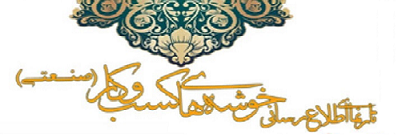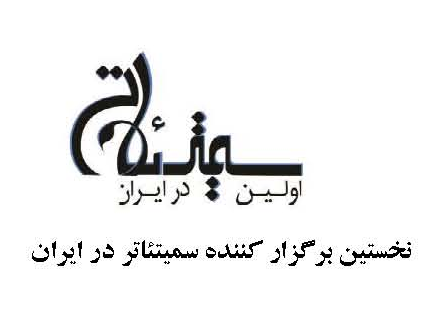بیزینس مانیتور-صنعت زیرساخت درایران-سه ماهه چهارم2010
Executive Summary
Given the increased sanctions pressure on Iran, BMI believes that the country will struggle to maintain momentum on its wide array of infrastructure projects. The key factor undermining performance is the financing difficulties that will be encountered – and are already evident – by state entities planning large
transport, construction and energy-related ventures. Though opportunities are vast, many construction,
utility and energy groups remain wary of signing contracts with Iranian companies. In this respect, the UN/US/EU backed sanctions have proved increasingly effective in starving the Iranian infrastructure sector of investment.
Nonetheless, there have been a series of developments on key projects over recent months:There are plans to expand Iran’s main airports, with Iranian Airports Holding Company looking to attract in excess of US$1bn in investment into the aviation sector. The main ongoing expansion project is the Imam Khomeini airport in Tehran, which is to be tripled in capacity to 20mn passengers a year, before hitting its peak capacity of 90mn passengers a year – a long-term target that appears highly ambitious in the current climate.
The most promising sign of new transport sector development is in the invitation to bid in July on a new transport network that would integrate Qeshm island to the mainland via rail and road and in the unveiling of plans to build four new metro rail lines in the capital.
Privatisation efforts advanced during Q2 2010 when the grain terminal at Imam Khomeini port, transferred to the ownership of the local port operator Kaveh Marine & Port Services in a joint venture with MJ Group of Kenya. This is to be the first stage of a full privatisation of the port, which is close to the Iraq border.
Iran appears to be ramping up its efforts to enrich uranium to the 20% level though 2010, in defiance of
the international community. Ali Akbar Salehi, the head of Iran's Atomic Energy Organisation, announced in late Q210 that Iran had enriched 17 kg of uranium to 20% since beginning work in February 2010.
The deputy energy minister Mohammad Behzad, announced plans, in February 2010, to privatise 20 power plants by September 2010. However, Iran's business environment is defined by opacity and corruption, with poor legal and financial frameworks in place, rendering the fruition of the privatisation significantly doubtful.
مطالب مرتبط


